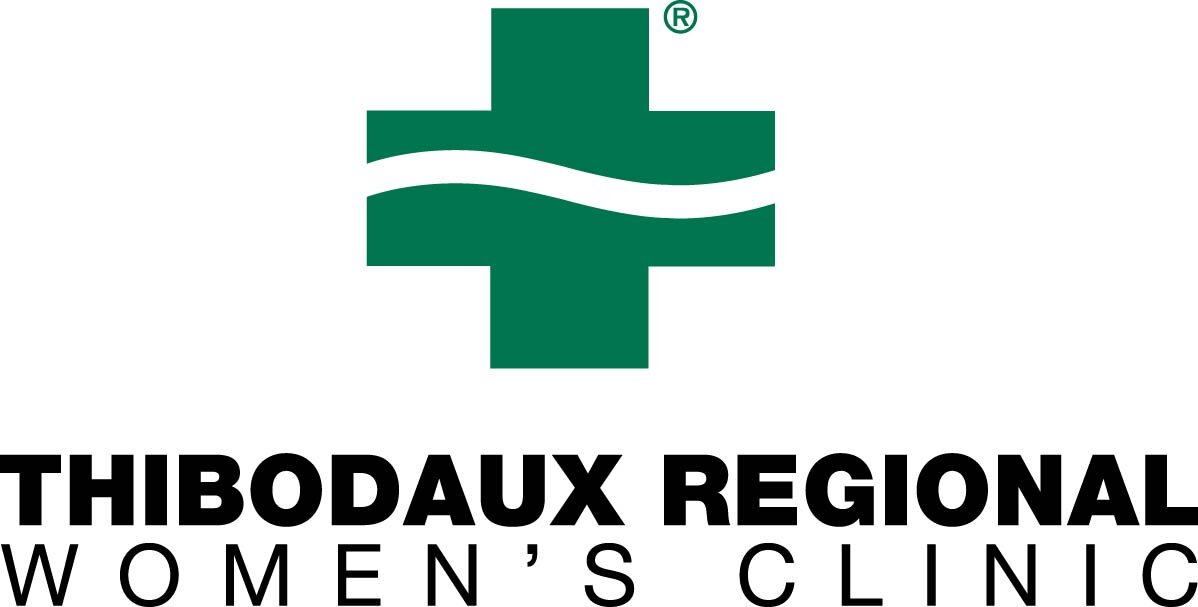Bio-Identical Hormone Pellet Therapy
/History
In Europe in the mid-1930s hormone pellet therapy was being used to treat women’s menopausal symptoms. The treatment was then brought to the United States in 1939 by Dr. Robert Greenblatt. Dr. Greenblatt used pellet therapy in his clinic and his clinic still does to this day.
Since then bio-identical hormone pellet therapy has been extensively researched and has been accepted as an effective hormone delivery system for many years and for millions of women worldwide.
How are pellets used?
First, the insertion sit is cleaned with antiseptic. Then a small amount of local anesthetic is used. A small incision is made in the skin. The pellet, which is about the size of a grain of rice, is then placed under the skin. Once inserted, the pellet then slowly dissolves over the course of several months.
Benefits
Besides the convenience of not having to use product daily, the pellet slowly dissolves releasing a small amount of hormone in a relatively steady state 24 hours a da. Also, the hormone is directly absorbed into the circulation and goes to the target tissues unchanged. This is more natural than oral therapy which first has to be broken down in the gastrointestinal tract and liver. Studies suggest that transdermal and pellet therapy may be safer than oral hormone therapy.
What are the disadvantages of pellet therapy?
Since a small nick is made in the skin to place the pellet, there is a small chance of a skin infection at the site of insertion. Also, very rarely, the pellet may not absorb well and work its way out of the incision.
If the does is not correct, the patient may get too much or too little hormone.
In conclusion, bio-identical hormone pellet therapy has been available for over 70 years. Many studies have shown positive benefits and really no serious risks. For many women, they like the idea of not having to use a product daily. The slow release of bio-identical hormone in a continuous manner seems more natural than injection or oral therapy.
For more information call 985.448.1216.
